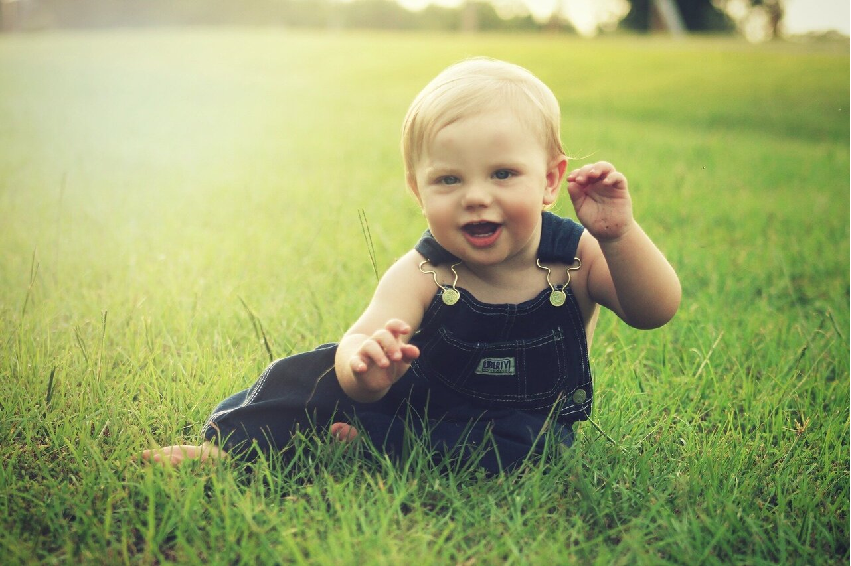
06 Aug Take care of your baby’s mental health
When should I start thinking about my baby’s mental health? Meet Dr. Lisa Damour, a psychologist and child development expert, who will answer these and other questions in her miniUNICEF Parenting Masterclass. In the same way, she discovers the “4 things you can do to promote and take care of your child’s mental health”, according to Christian Muñoz Farias, a specialist in Child Psychiatry.
We will be parents for the first time. What should we feel? Believing that there is a correct answer to this question is the first mistake. There’s no set manual for emotions, so it’s normal to feel happy, frustrated, tired, or nervous, according to Lisa Damour. In the same way, we will not be able to control the mental health of our babies, it is essential to understand that from the moment we meet them we must take care of them. But… How do achieve it?
The first step is with love and safety. Our baby needs to feel protected. Therefore, showing him that the people around him love him is essential. Also, you should keep in mind that you are your child’s first teacher and it is essential to learn to express your emotions, even if they are painful or difficult. For example, be honest, without overwhelming or scaring him. In the same way, when you are going through stressful situations, have a support group that listens to you or a distraction that disperses your problem. On the other hand, although we associate mental health with peace of mind, the proper definition is that “mental health is feeling the right emotion at the right time and knowing how to handle it correctly,” explains Damour.
Early Identification Of Risk Factors

To develop this point, it is essential that as a parent you are clear about whether you suffer from depression or anxiety. This is because “a child who has parents diagnosed with depression or anxiety has a high probability of developing it, but that does not mean a genetic determinism or that something cannot be done to prevent these conditions,” explains Dr. Muñoz. In the same way, we must identify the risk factors of our children. To do this, consultations must be carried out at an early age, with these “the aim is to optimize and strengthen the emotional resources of children and adolescents to respond to the challenges of their growth and development” adds Dr. Muñoz.
Start By Setting An Example
Remember that you are your child’s first teacher. It is essential to keep in mind that “the way you approach and solve problems and conflicts, as well as how you handle stress, you are giving your child a strong message by example about how to face the challenges that they discover in their daily lives.”,” says Dr. Munoz.
Follow Proper Parenting Guidelines
“In the midst of the emotional bond between you and your child, it is essential that you follow parenting guidelines to respond to the needs of their physical, cognitive, and emotional development,” says Dr. Muñoz. The foregoing “implies providing care, promoting values, being a reference for the child, and handling authority with good treatment and assertive communication,” he adds. As parents, we must provide our children with different elements that allow them to develop social and adaptive skills. For example, fostering environments of affection.
Link Our Children To Creative And Recreational Activities
It is vital to promote activities such as dance or the practice of a sport. These “allow (our children) to develop social skills and achieve a greater ability to adapt in the face of adversity” explains Dr. Muñoz “these activities work as a protective factor to maintain emotional balance” he concludes.
You may like to read IMPORTANCE OF VACCINES FOR CHILDREN
